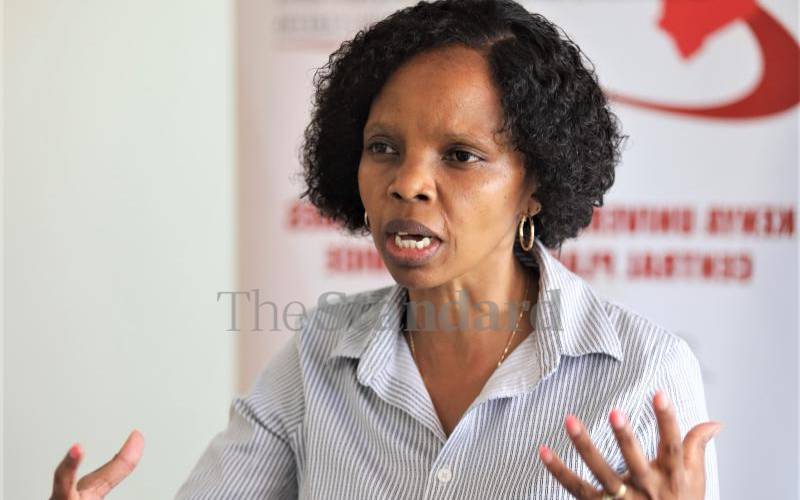×
The Standard e-Paper
Kenya’s Boldest Voice

Minimum entry requirements to universities and colleges are set to be reviewed.
This comes after it emerged that many students are locked out of their dream careers for not meeting certain subject grades.